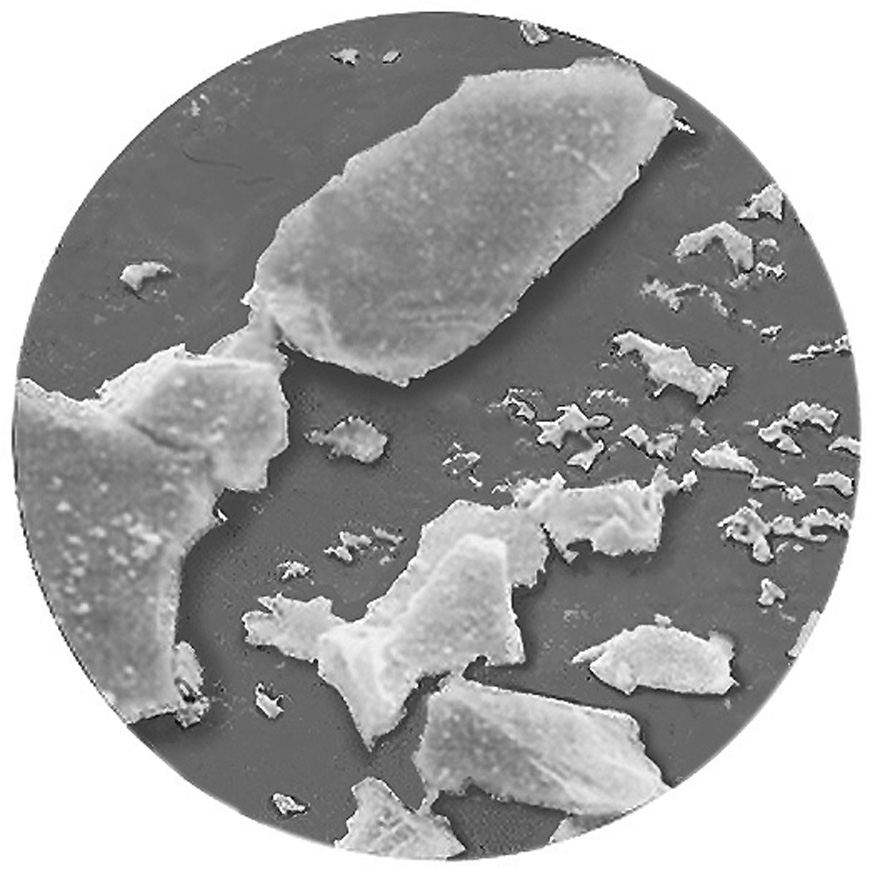Silica safety urged in QLD
 A medical expert has warned that silica could be even more dangerous to workers than coal dust.
A medical expert has warned that silica could be even more dangerous to workers than coal dust.
The Queensland Government’s black lung inquiry has heard that workers on Brisbane's network of road tunnels face a risks from their exposure to underground silica that are “probably more dangerous” than those of coal dust.
Black lung expert Dr Robert Cohen told the inquiry that drilling through the Earth's crust brought possible exposure to silica.
Inquiry committee chair Jo-Ann Miller said it was deeply concerning.
“I just couldn't believe it,” she said.
“We will be having a meeting early next week to discuss this issue and one of the things we could do would be to expand our terms of reference to include these tunnel workers.”
Dr Cohen said industrial hygiene monitoring of exposure levels was necessary for all tunnel workers.
“Silica is actually a lung carcinogen. And it causes renal disease, it causes other auto-immune diseases like rheumatoid arthritis and other things, so silica exposure is a huge problem,” Dr Cohen said.
He said anyone who had worked on Brisbane's Legacy Way, Airport Link, Clem 7 tunnels and other digs should be tested for the lung disease silicosis.
Dr Cohen also said that a lack of black lung disease detection was more likely to explain a 30-year absence of cases in Queensland, rather than eradication.
But he was keen to stress the risks of silica as well.
“Silica is probably more dangerous than coal mine dust,” he said.
“Quarriers, tunnellers, metal miners — anyone that's disturbing the Earth's crust and drilling through rock is at risk for quartz and silica exposure.
“There should be industrial hygiene monitoring of the exposure levels.”
The Australian Workers’ Union says no tunnel workers have reported health issues from silica exposure.







 Print
Print